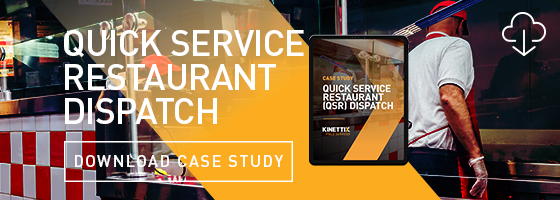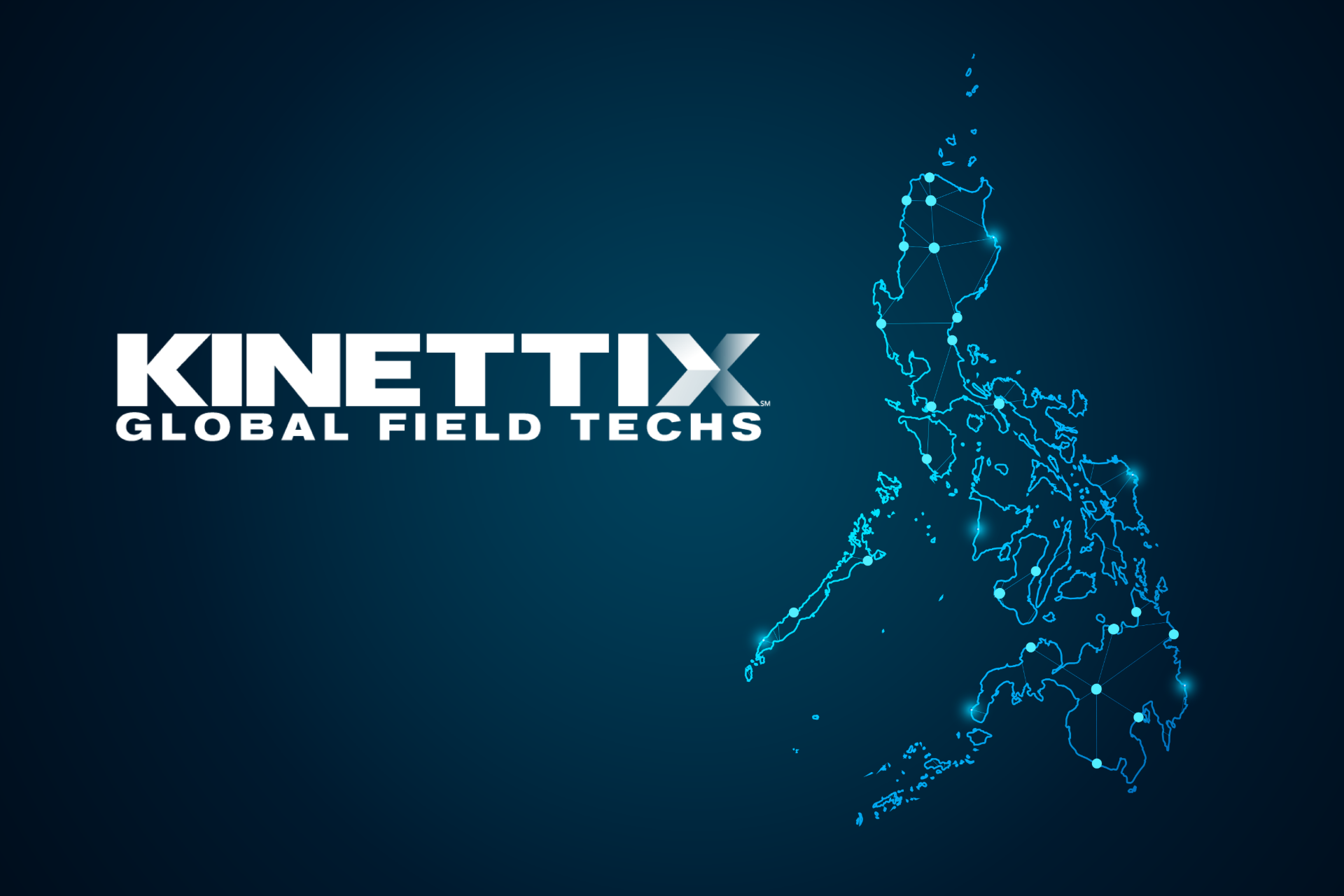Working for a corporation, such as a multi-unit quick-service restaurant (QSR) or a retail chain, poses its own unique challenges — especially when it comes to IT infrastructure. For example, do you allow each location to select its own network architecture, security, and connectivity? Or do you standardize across the entire company?
While the former may sound like a good idea, disparate network architecture can increase network security threats, posing significant long-term risks including lost revenue and decreased brand reputation. It can also add complexity and operational inefficiencies and increase costs for both the corporation and its franchisees. Therefore, mandating a vendor-of-record to all franchisees is considered the best practice.
On April 1st, 2021, Kinettix Founder and CEO, Chad Mattix, and Netsurion Senior Vice President of Sales, Mark Cline, spoke more about this strategy in a live webinar titled “Top 5 Benefits of Standardizing Network Security Across the Franchise Brand.”
Cline specifically discussed the benefits of mandating a vendor-of-record and how it can not only protect brand reputation but also drive faster ticket resolution, reduce OpEx, and increase visibility and control across all store locations.
The benefits of this strategy go beyond cybersecurity and IT support, though. Leveraging Kinettix’s global coverage and field services expertise, Mattix explained how brands can leverage the deployment event to further standardize and document the conditions of the franchises’ network equipment. For example, brands can leverage firewall upgrades to improve the overall health of the store’s IT infrastructure.
In case you missed the Netsurion-sponsored webinar, let’s take a closer look at this topic.
Firewalls & Network Risk Factors
IT professionals have long considered firewalls a first line of defense in network security. This essential technology establishes a barrier between secure internal networks and untrusted outside networks, such as the Internet.
Firewalls are essential to your brand’s overall IT infrastructure health. When your firewall isn’t functioning properly or is out of date, the entire system suffers and opens you up to the threat of cyber attacks.
That isn’t the only reason firewall upgrades are essential to maintaining your network, though. The deployment event also presents the perfect opportunity for the technician to assess the rest of your IT equipment and make sure your system is in peak condition.
“Assuring your back office is properly maintained is a critical foundation for long-term support,” Mattix explains. “Neglecting the network’s physical layer can delay troubleshooting and produce outages.”
How to Perform a Health Check During Firewall Updates
While the field services technician is on-site completing your quick service restaurant or retail store’s firewall upgrade, here are three things they can do to ensure the overall health of your IT infrastructure.
1. Identify Hazards
At the start of the deployment event, the technician can look around the back office and identify any potential hazards. For example, they may note any improper use of extension cords and/or crimped cables. They may also look for any error lights or alarms on any devices, check that the Uninterruptible Power Supply (UPS) is functioning properly, and confirm that PCs, servers, and routers are all well-ventilated.
2. Complete Maintenance
Once the technician has identified areas of your infrastructure that need attention, they can address those hazards as well as complete any routine maintenance as dictated by best practices. For instance, they may tend to any overburdened extension cords, crimped cables, or error lights that were found at the beginning of the health check. Then, they can clean up the area of any debris and implement proper cable management.
Pictured: A before and after photo of the back-office at a popular restaurant chain. When assessing the health of the store’s IT infrastructure during a deployment event, Kinettix’s technicians noticed significant hazards. The photo on the right shows the system after the field service technicians completed the deployment.
3. Document
Finally, the field services technician may obtain proper documentation of all back-office equipment. They may take photos of the entire office and the network rack, such as in the photos above. They may also collect any inventory information, including the make, model, and serial numbers of your devices. If you have any locked racks of cabinets, they will note who has access to these areas and how quickly access can be gained.
Leveraging deployment events, especially firewall upgrades, helps brands further standardize franchises’ network equipment, which has lasting benefits for both the corporation and its franchisees. If you need help performing a health check on your store’s network, don’t hesitate to contact Kinettix.
Kinettix enables restaurants and retail stores to deploy or repair IT infrastructure by providing field technicians anywhere on the globe.






